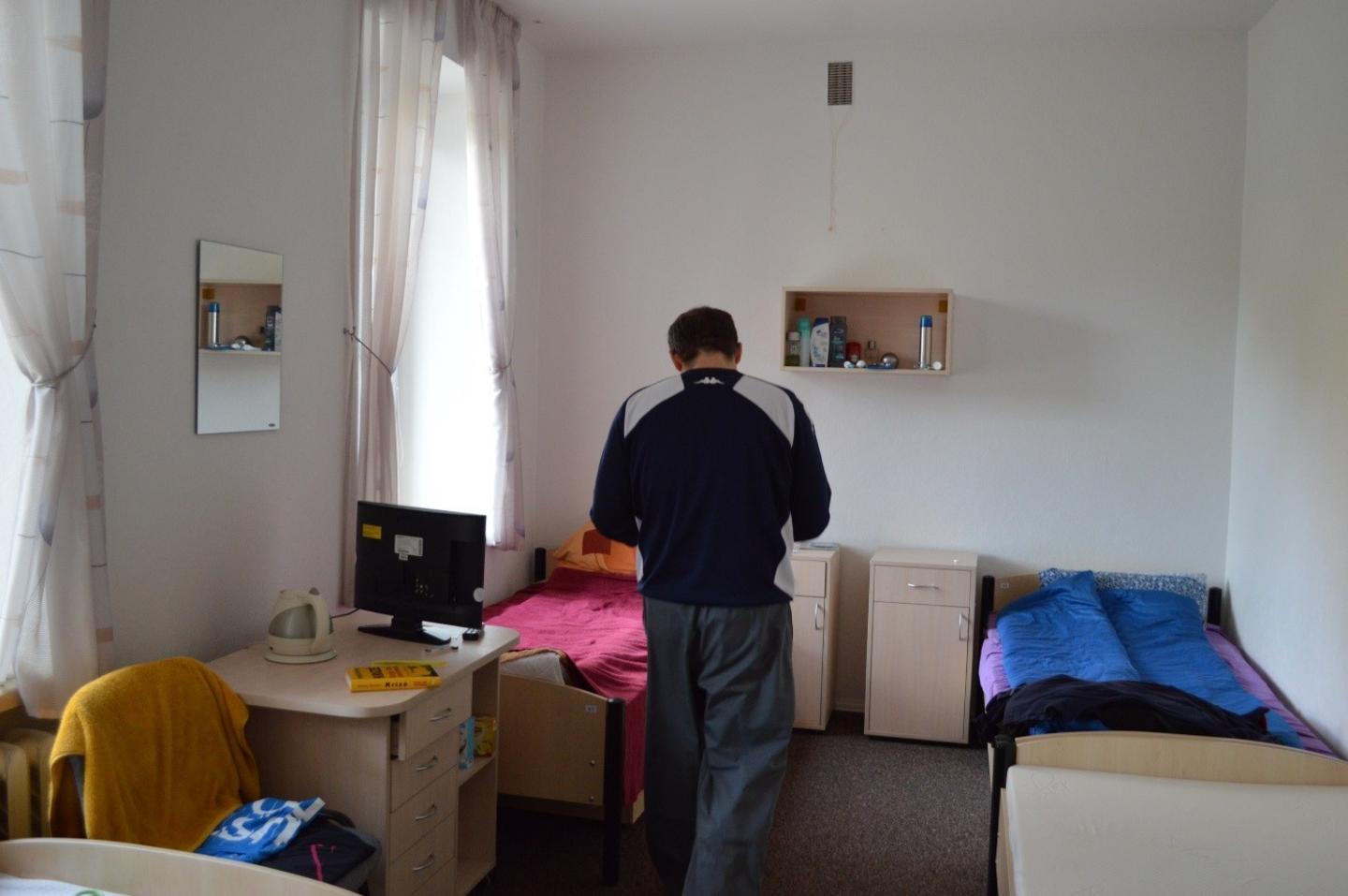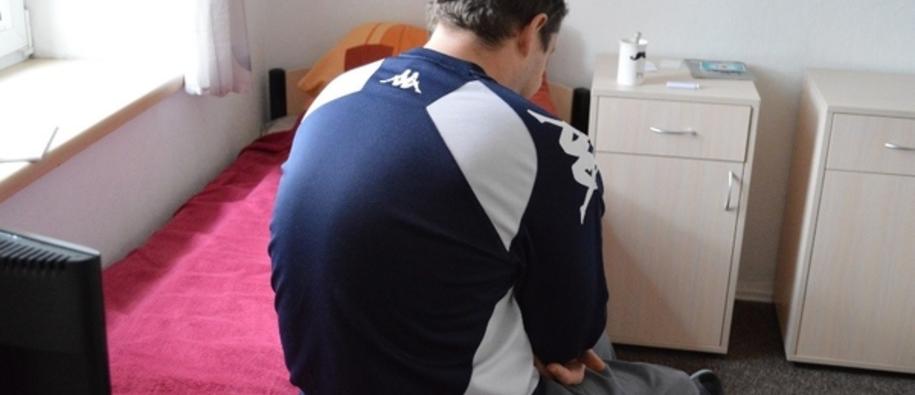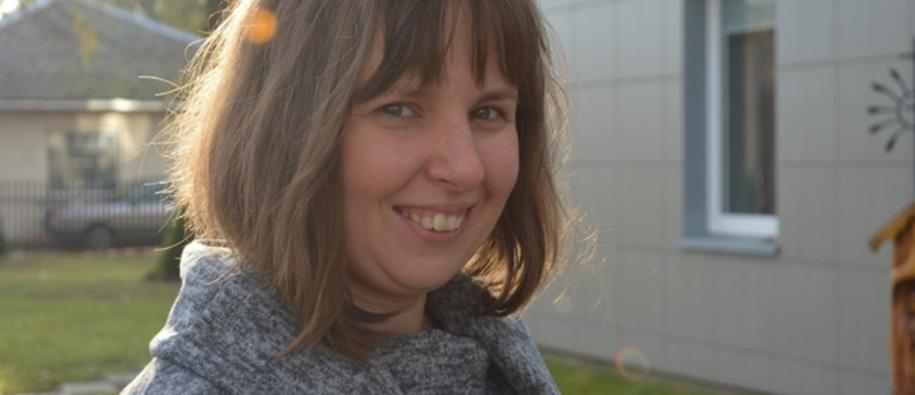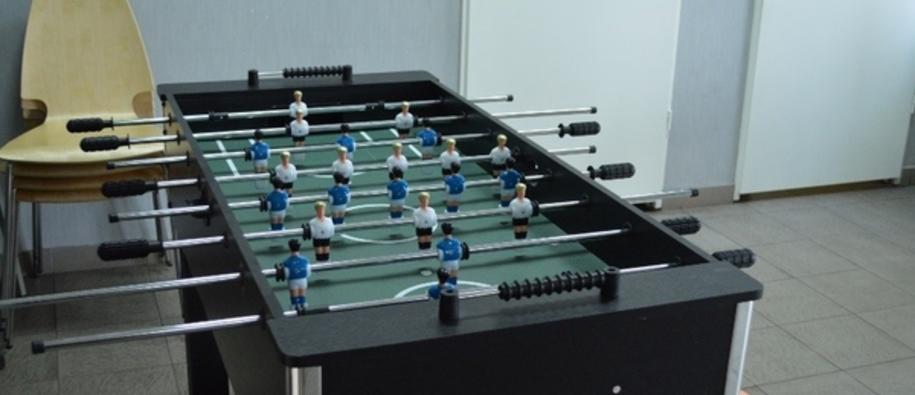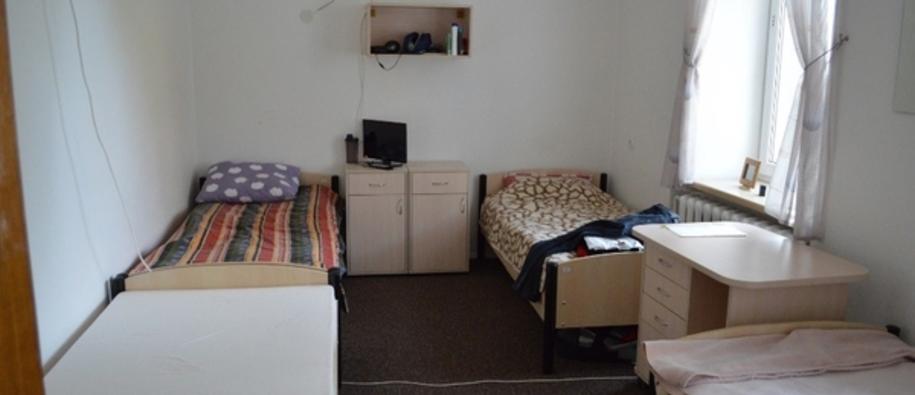These are the words of Jon, an inmate who is serving the last months of his sentence in an open prison.
98% of the 7000 inmates in Lithuania are placed in closed prisons. The project ‘Reduce numbers of inmates in prison of high security by establishing four new open prisons’ aims to strengthen resocialisation of 80 inmates serving the last months of their sentences.
“This is a big step on the way to be integrated back into the society. They get support from psychologists and social workers,” says Vilmante Gintaraite, Head of Section of Psychology at the Alytus Correction House, one of the correctional facilities participating in the project.
“It feels like home”
The project's target group are people serving custodial sentences for negligent, minor, or less serious offences for a period up to seven years. They also exhibit a clear motivation to change their behaviour and adapt to a social life. Jon was transferred to the open prison house one week ago.
“This is a fantastic offer. It feels like home, because I am able to have a phone and internet, and I get the possibility to see my family and study. Today, I am going to school to get training to gain a profession,” says Jon.
So far, two of the four open prisons are officially opened. Social workers assist the inmates in finding a job outside the correctional institution, and are helping them to start studying or participate in vocational training. A psychologist also evaluates their mental condition. The project contributes to reducing the number of inmates serving their sentences in closed prisons, and to providing more possibilities to participate in a social life outside of prison. However, there have been some challenges.
“In the beginning, the neighbours were frightened of having inmates walking around in their neighbourhood. They thought they would get robbed. Social workers from the prison had to knock on doors and explain the project and the security plan. Finally, they thought it was okay. Since the inmates arrived, we have not experienced any problems,” says Vilmante.
“A shock”
“In a closed prison everything is planned for you. Here they have to plan for tomorrow and make a budget. The inmates told me it was a shock to have their own money and be able to go to the store. Many were anxious when they first came, but they received good guidance on how to plan their life on their own,” says Linas Simkus, Deputy Head of Alaytus Correctional Service.
Approximately 80 percent of male inmates released in Lithuania end up back in prison. One of the objectives of this project is to overcome challenges connected to growing prison populations and prison overcrowding.
“One of the biggest challenges within the correctional services in Lithuania is to reduce the “gap zone” between release and integration into society. With this open prison-model we hope to reduce the relapse, and create a safe environment for re-integration. Some of these inmates don’t know how to buy a train ticket, they need guidance on the way back to society,” says director of the Directorate of Norwegian Correctional Service, Kim Ekhaugen.
The project is financed through the Norway Grants as a part of the Correctional Services including Non-custodial Sanctions programme and has been implemented in partnership with the Sandaker halfway house in Norway.
“The funding made it possible to construct the four houses. Professionals from Norway came to train and supervise us during the process. We experienced the process as enlightening and as an investment for the future,” says Linas.
Read more about the 'Correctional services' programme in Lithuania
